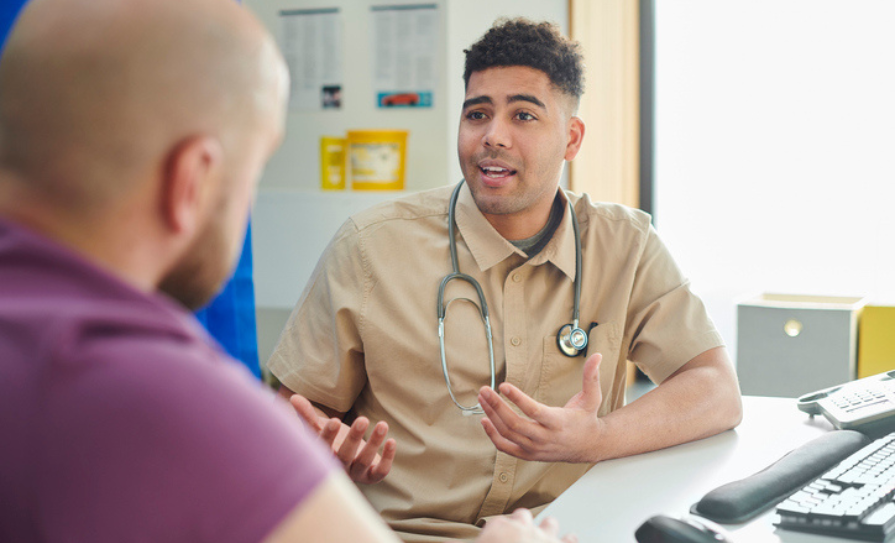The Irish Haemochromatosis Association is raising awareness of Ireland’s most common genetic disorder during the current World Haemochromatosis Awareness Week (1-7 June).
Ireland has the highest rate of haemochromatosis in the world. One-in-five people are carriers of the gene and one-in-83 people are predisposed to develop the condition.
It is estimated that 20,000 people in Ireland are living with undiagnosed cases of haemochromatosis.
In haemochromatosis, large amounts of iron are absorbed from the diet into vital organs. If undetected and untreated, iron overload can lead to organ damage or even premature death.
To mark the awareness week, the Irish Haemochromatosis Association is urging people to understand the symptoms. These may include, but are not limited to, chronic tiredness, joint pain, abdominal pain and irregular heartbeat. People experiencing any symptoms should make an appointment with their GP.
Ms Jessica Byrne (19) helped launch this year’s awareness week. Ms Byrne was diagnosed with haemochromatosis a couple of years ago. She is a student nurse in Trinity College Dublin.
She commented: “As a young person with haemochromatosis it is so important for everyone to be aware of what haemochromatosis is. It’s so easy to overlook symptoms that can affect your studies and ability to enjoy life. My dad has haemochromatosis, so I knew to get tested. Some of the symptoms include chronic fatigue, joint pain and diabetes. The positives are that I can now bring my understanding of managing a life-long condition and living a full life to my future nursing career.”
Dr Maurice Manning, who lives with haemochromatosis and is current Chair of the Irish Haemochromatosis Association, said: “Ireland has more cases than anywhere else in the world, that’s why it is vital that no Irish person should go undiagnosed. Our aim is for everyone to understand what haemochromatosis is and to be aware of its prevalence in Ireland. Haemochromatosis, once diagnosed, can be successfully treated and patients go on to live their lives to the full, without any impact.”
Dr John Ryan, Consultant in Hepatology and Gastroenterology at Beaumont Hospital, Dublin, commented: “Haemochromatosis is a genetic condition, more common in Ireland than in the rest of the world. When an individual has the affected gene, iron can build up in the body, potentially damaging the liver, heart and other organs. If haemochromatosis is identified at an early stage, it is easily treatable through venesection. Since 2019, many patients can also donate blood through the Irish Blood Transfusion Service, where their blood is desperately needed. So finding people with haemochromatosis and allowing them to donate blood is a ‘win-win’ situation.”
Prof Suzanne Norris, Consultant in Hepatology and Gastroenterology at St James’s Hospital, Dublin, added: “Early diagnosis of haemochromatosis is vital, which is why serious complications as a result of haemochromatosis can be avoided if a patient is diagnosed as early as possible. The work of the Irish Haemochromatosis Association has helped to increase awareness of Ireland’s most common genetic disorder and educate the public on identifying symptoms and seeking treatment.”
The public can support the vital work of the Irish Haemochromatosis Association by making a donation to its work on the charity’s website (www.haemochromatosis.ie) or via the Text to Donate service (Text ‘IRON’ to 50300 to donate €4). Funds raised will be used to support the Association’s helpline and provide information and resources for patients and their families.
Alternatively, the Association is encouraging people to come together with friends and family to host a small coffee morning to raise awareness and potentially funds to assist the charity in its work throughout the year.
For more information, visit https://haemochromatosis.ie/












